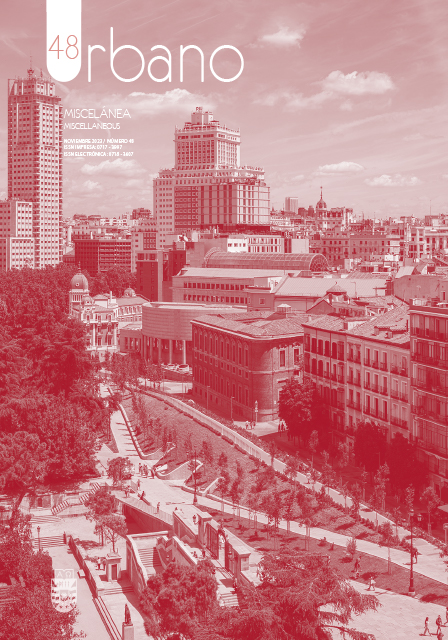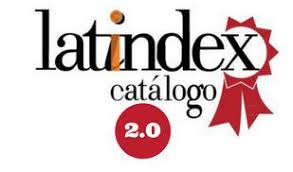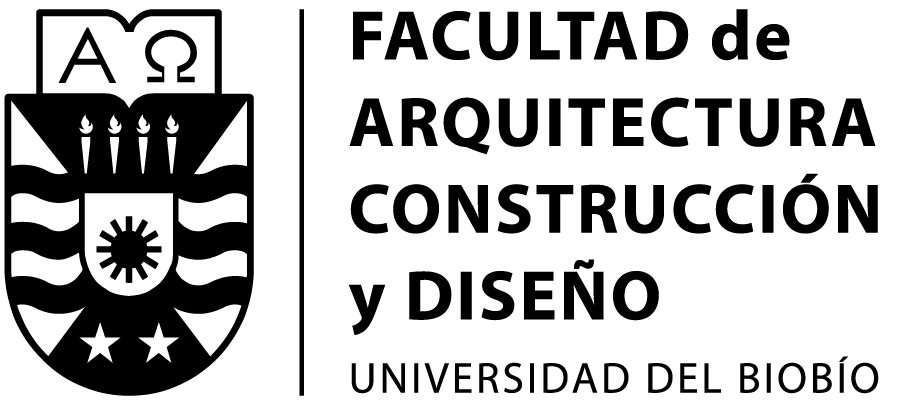Food deserts and food swamps, new concepts for urban planning
DOI:
https://doi.org/10.22320/07183607.2023.26.48.00Keywords:
-Abstract
Contemporary Western urban planning is based on productivist logics, which seek the efficiency of the urban system in terms of displacement and compatibility of uses, and hygienist principles, which aim to safeguard the population’s health and quality of life. Structured roadways are defined, space within the urban boundary is zoned, and land uses, densities, and heights are regulated based on these principles, alongside other variables that condition the growth and transformation of cities.
Downloads
References
-
Downloads
Published
How to Cite
Issue
Section
License
Copyright (c) 2023 Ana Zazo-Moratalla

This work is licensed under a Creative Commons Attribution-ShareAlike 4.0 International License.
The content of articles which are published in each edition of Habitat Sustentable, is the exclusive responsibility of the author(s) and does not necessarily represent the thinking or compromise the opinion of University of the Bio-Bio.
The author(s) conserve their copyright and guarantee to the journal, the right of first publication of their work. This will simultaneously be subject to the Creative Commons Recognition License CC BY-SA, which allows others to share-copy, transform or create new materials from this work for non-commercial purposes, as long as they recognize authorship and the first publication in this journal, and its new creations are under a license with the same terms.![]()























